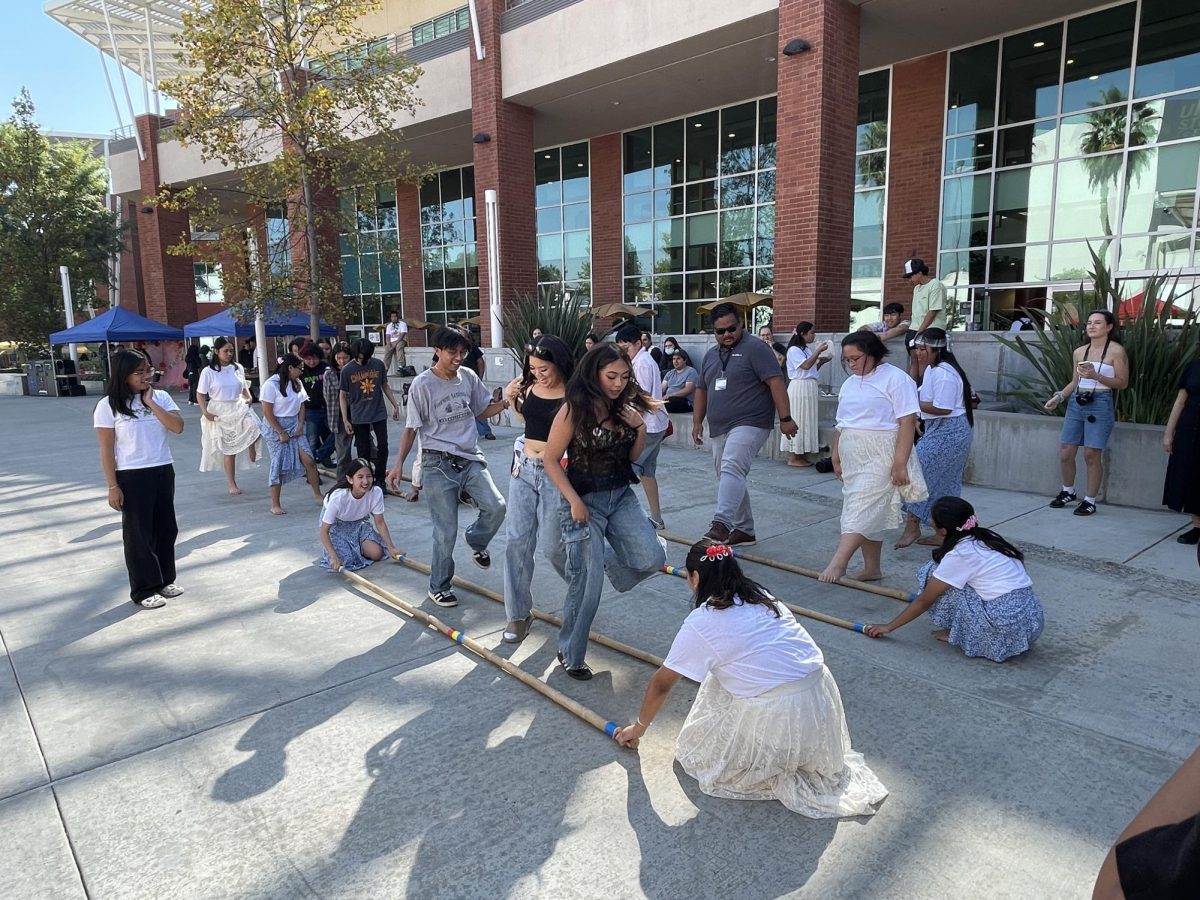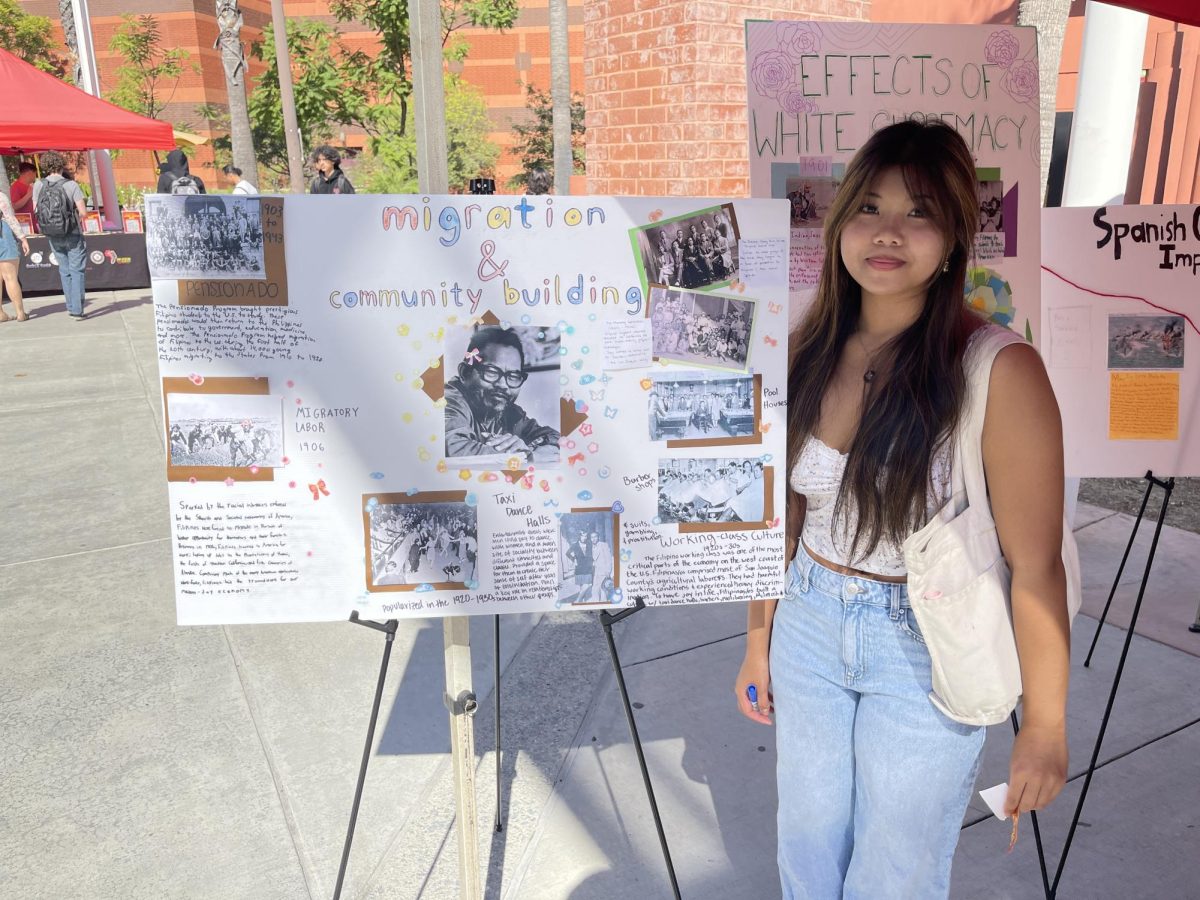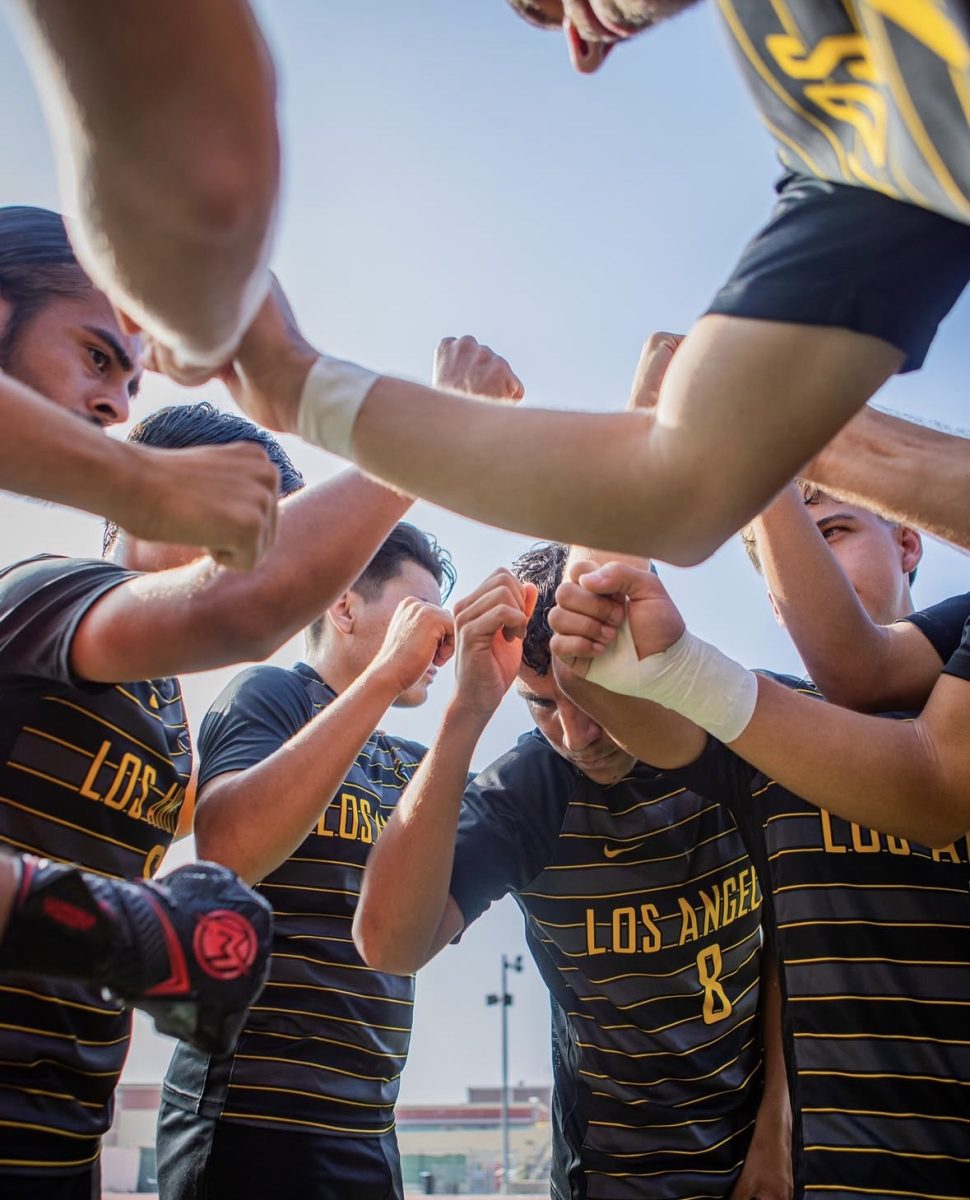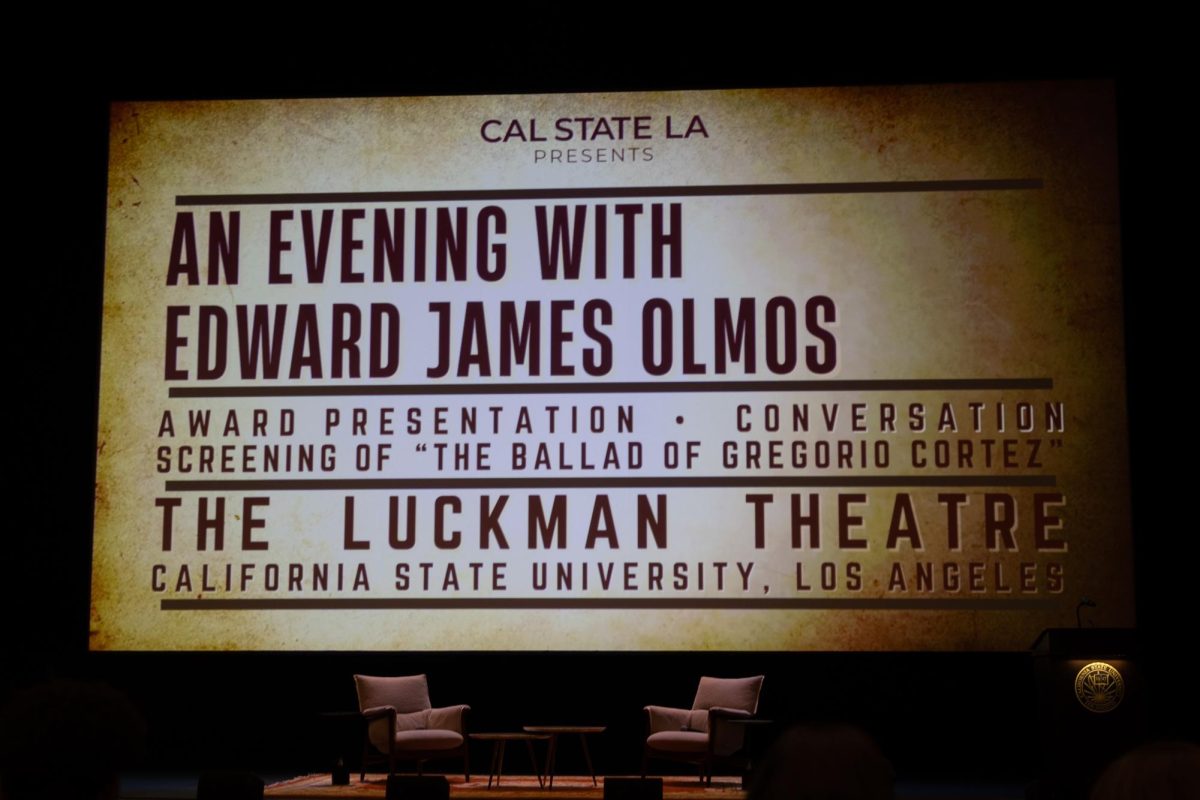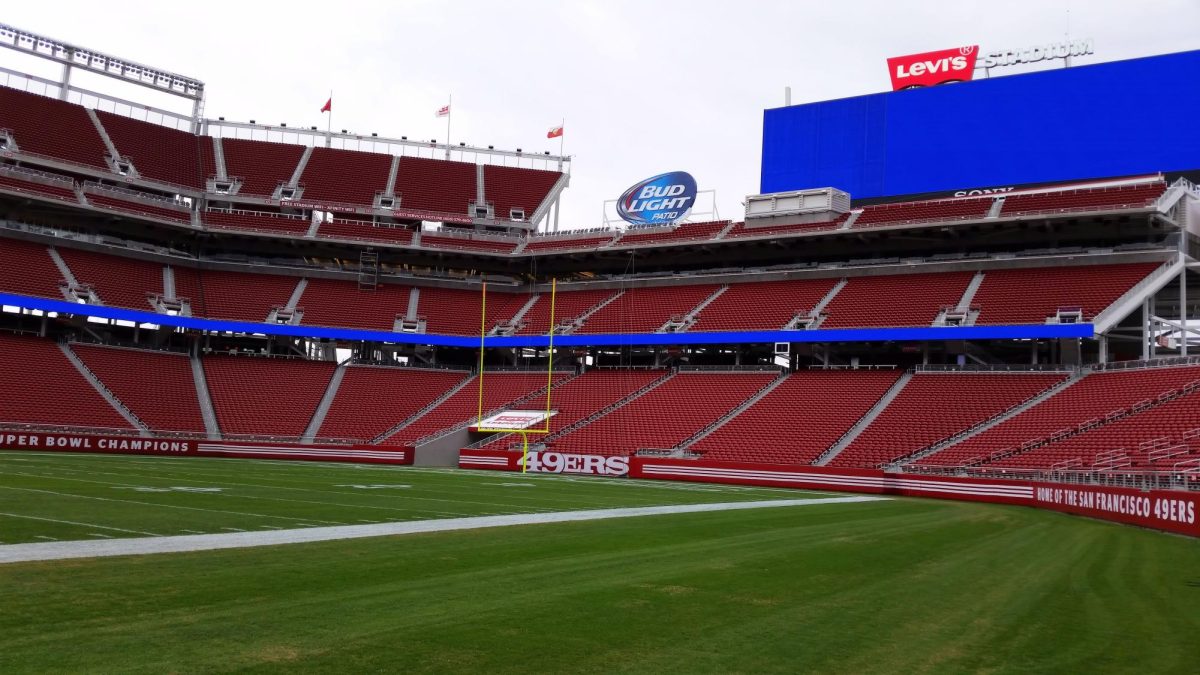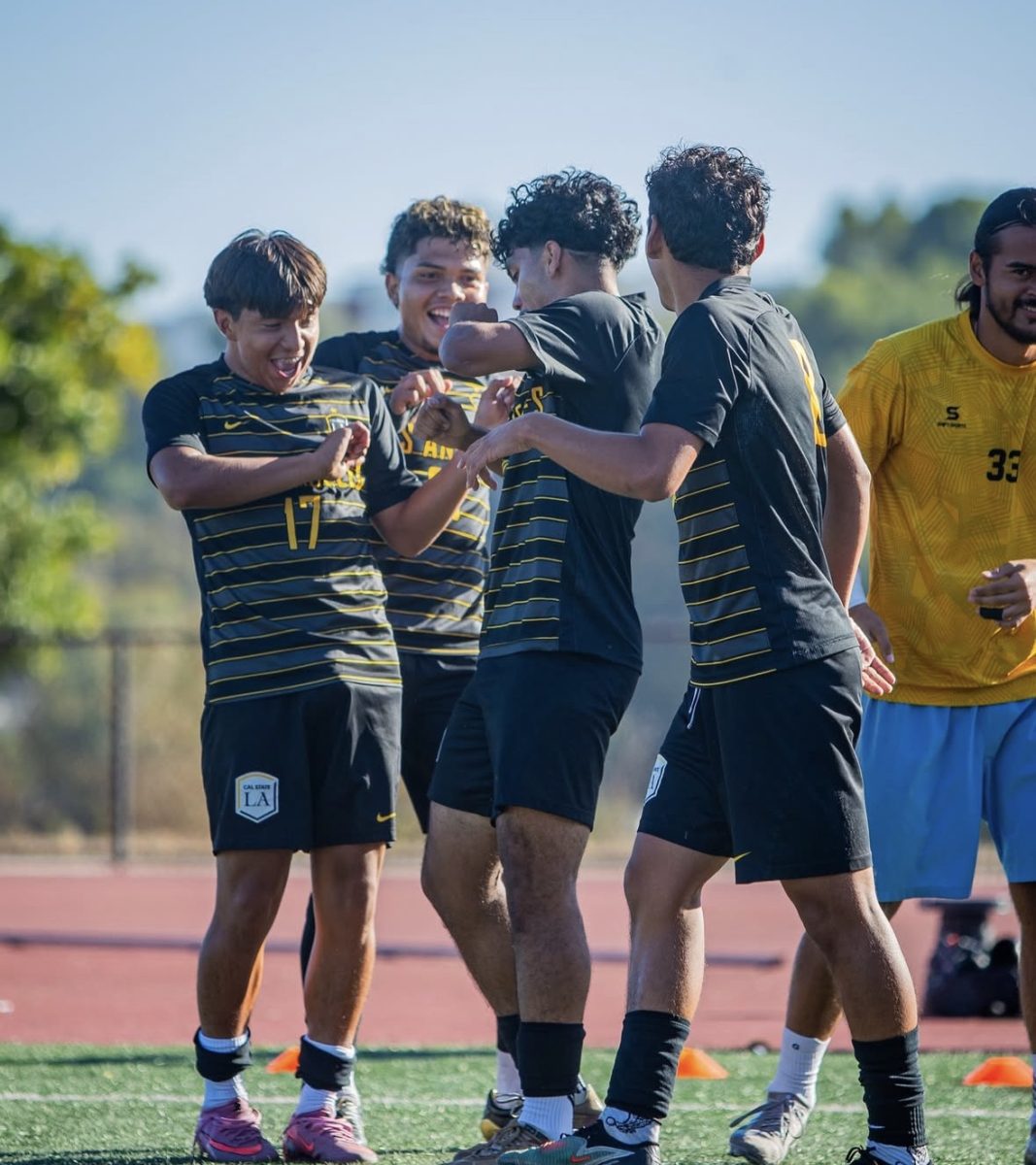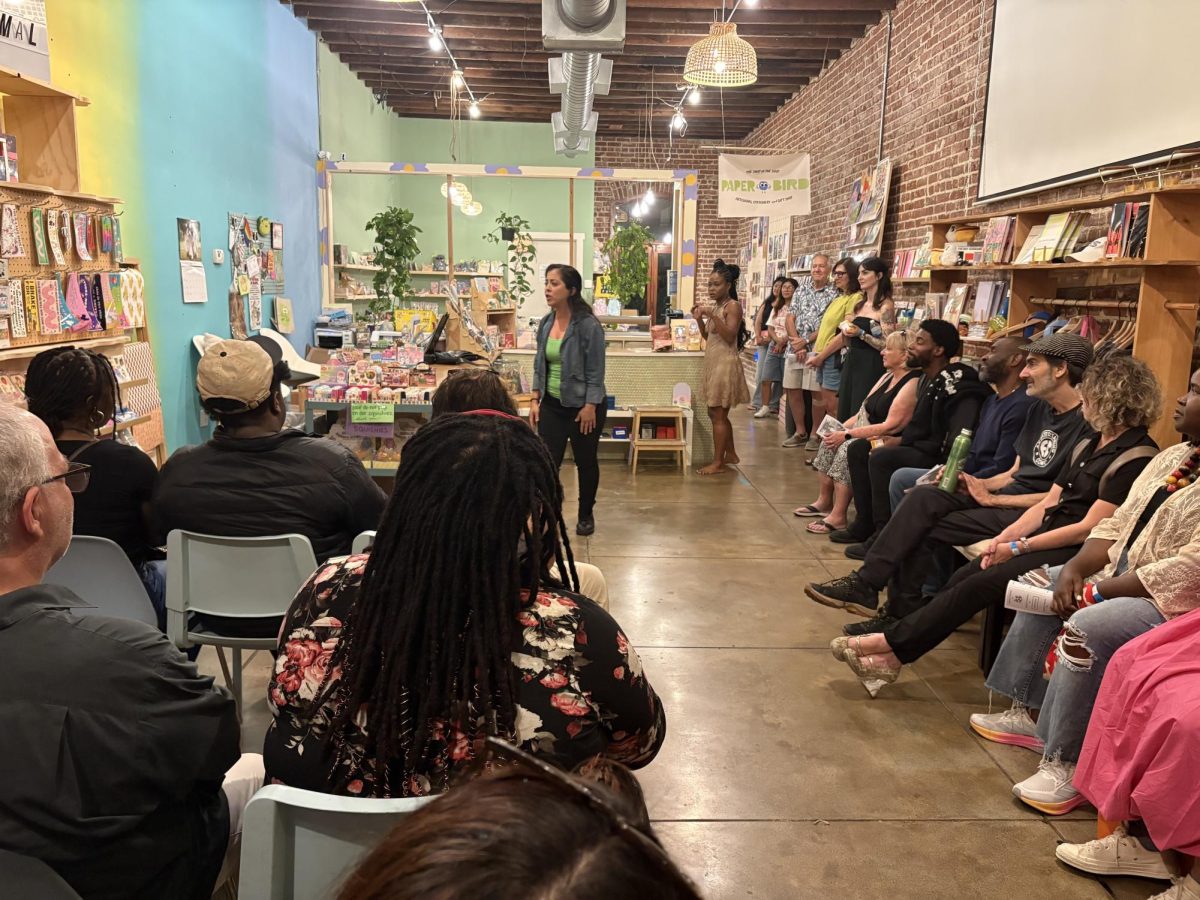The Cal State LA Asian & Pacific Islander Student Resource Center and the student organization Kalahi celebrated Filipino American History Month and Larry Itliong Day on Thursday, Oct. 24. The event featured booths highlighting Filipino history, and attendees played Filipino games and watched dance performances. The Kalahi club performed dances including the Tinikling and Itik-itik, opening the floor afterward to anybody interested in learning the dances.
Briana Gastrock, the treasurer for Kalahi, choreographed the dance performances at the event. She spoke about the significance of the dances and how they represent Filipino identity.
“We wanted to highlight different dances from the Philippines … even though it’s just a dance, we learn the history behind the dance,” said Gastrock. “We believe that it’s important to educate yourself on the culture and different aspects of the culture, not just food, but also dance as well.”
According to the Filipino American National History Society (FANHS), Filipino American History Month celebrates “the first recorded presence of Filipinos in the continental United States.” In 2009, the U.S. Congress officially recognized October as Filipino American History Month.
There is a sense of pride and nationalism with the month coinciding with the birthday of Larry Itliong Day, who was a prominent labor organizer who helped found the United Farm Workers. His legacy is intertwined with César Chávez.
The event was also marked by an appearance by L.A. City Council candidate Ysabel Jurado, who spoke about what the month means for her and how it is a source of pride and representation for the Filipino-American community.
“My Filipino-American identity is key to who I am, and all of my Filipino heritage that my family instilled upon me,” said Jurado.
Fourth-year student Cayla Fedelis attended the event as part of her Filipino Studies class, showcasing a booth about Filipino history dating back to the Spanish colonial era. Fedelis spoke about what her Filipino identity means to her.
“It helps establish a sense of patriotism for who you are and who you came from, and being able to celebrate it in areas like this, at school or outside of school,” Fedelis said. “It helps people be proud of who they are and where they came from.”
For more information on Filipino American history, visit the FANHS website here.

